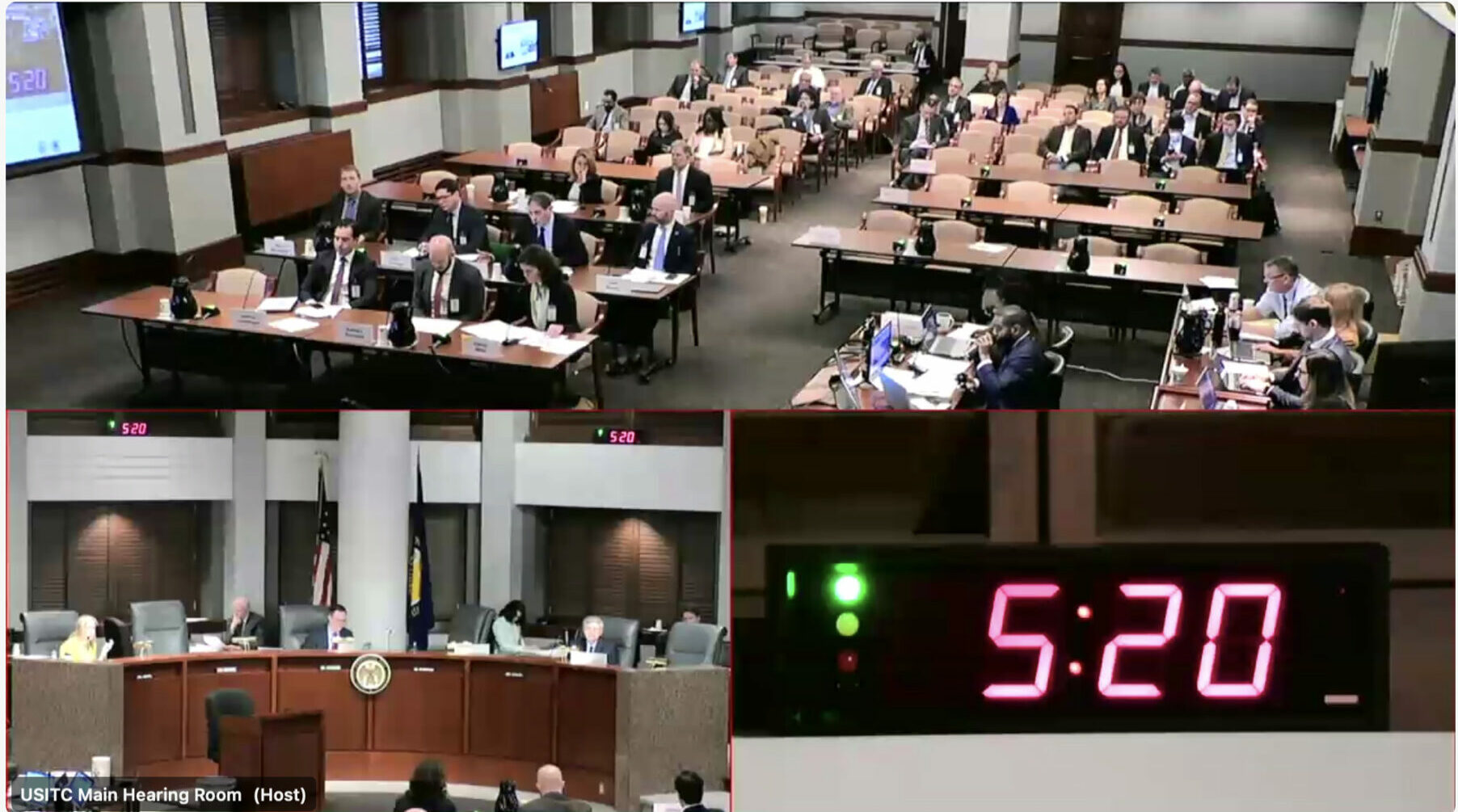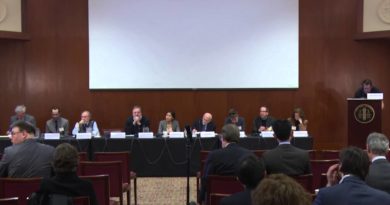Regulation of Significant Market Power in Czech Food Supply Chain in 2023 and Beyond
Introduction
Long before the Directive (EU) 2019/633 on unfair trading practices in business-to-business relationships in the agricultural and food supply chain (the “Directive”), the Czech Republic had passed an Act on significant market power in the sale of agricultural and food products and its abuse (the “Act”). At the beginning of its effectiveness in 2010, it was nicknamed a “legislative dada” referring to various problems with its interpretation and application. The Act gave rise to a number of legal disputes addressed by Czech highest courts, although it concerned only a single-digit count of the largest supermarket chains in the Czech Republic.
Nevertheless, the Act led the Czech political representatives to push for an EU-wide solution to the problems in the food supply chain, which resulted in the Directive. A paradox is that despite the Czech advocacy on the EU level, national law did not transpose the Directive in its transposition period and was able to pass on the harmonising amendment only in 2022, which became effective on 1 January 2023.
While the primary aim of the Amendment was indeed to harmonise national law with the Directive, it saw numerous modifications and additions in the course of the legislative process in the Parliament. Many of these additions are difficult to comprehend, which brings a feeling of dèja-vu to those who remember the creation of the original Act. Therefore, there is much to unpack about the Amendment and how significant market power in the Czech supply chain will be regulated from 2023 on.
Personal scope of the Act
Clearly, the most prominent modification of the Act is in its personal scope. As mentioned, it initially covered only a few largest supermarket chains. From January 2023, the Act extends from the retail level to the whole supply chain. Therefore, not only retailers may be concerned, but players at any level of the food supply chain can be subject to obligations stemming from the Act.
Essentially, the Act sets the same concept as the Directive, creating six categories of suppliers and purchasers with their global turnovers:
- EUR 0 to EUR 2 million;
- EUR 2 million to EUR 10 million;
- EUR 10 million to EUR 50 million;
- EUR 50 million to EUR 150 million;
- EUR 150 million to EUR 350 million;
- above EUR 350 million.
If the purchaser falls into a higher category than its supplier, the Act is applicable to their contractual relationship. The Amendment, however, adds another turnover threshold of CZK 5 billion (approx. EUR 210 million) in the Czech Republic. The blurry wording of the Amendment could suggest that the purchaser with a turnover exceeding this limit could have significant market power towards every supplier. Fortunately, the Czech Office for Protection of Competition (the “Office”) being the enforcer of the Act already rushed in with a sensible interpretation, always requiring that the purchaser’s turnover is compared to the supplier’s one and only if the purchaser falls into the higher category (taking into account the additional threshold of CZK 5 billion), the Act shall be applicable.
Temporal scope
As said, the Amendment is effective from 1 January 2023. Strictly speaking, each contract falling into the (new) scope of the Act concluded on or after 1 January 2023 is subject to the updated Act. The Office, however, is expected to use 2023 as more of an educational phase. Moreover, the contracts concluded before 2023 and newly falling into the scope need to be updated to full compliance with the updated Act by 1 January 2024.
Contract requirements
The ratio of the Act always seemed to be to counterbalance the market power of purchasers vis-á-vis its suppliers in cases when the contract stipulated for supplier’s payments with (economically) inequivalent consideration from the purchaser, or when the purchasers unjustly discriminated among their suppliers. These principles also translate into the updated Act. Therefore, the following practices are listed among unfair trading practices, which are prohibited by law:
- Contractual terms and conditions that create a significant imbalance in the rights and obligations of the contracting parties to the detriment of the supplier;
- Requiring a payment or discount without no reasonable consideration;
- Unequal treatment of the supplier consisting of different contractual conditions for comparable relationships without just cause; or
- Tying of the contract with other services or provision of other products.
The Act also sets certain formal conditions for the contracts falling into its scope. First, the contract must be in writing (including all the relevant conditions, prices, discounts and amounts of products being provided). Moreover, the purchaser cannot unilaterally change the conditions of the contract (not even its general terms and conditions applicable to it). The contract must also set the payment terms, while the payment for the products must be due no longer than 30 days from the moment of receiving the invoice.
The Act also touches upon the questions of correct display of the country of origin of the products. It prohibits incorrect declaration of the country of origin by the purchaser. The problem is that the infringement should be to the detriment of a supplier, meaning that the purchaser would probably have to declare a “worse” country of origin than the correct one, which is unlikely to be in its own interest. Theoretically, declaring a “better” country of origin could be a problem only if it is to the detriment of other (presumably Czech) suppliers.
Conclusion
While the vast majority of the practices prohibited by the updated Act were already listed in the original Act, there are several additional practices added. Most importantly, the Act extends now to contracts and parties which did not have to review their compliance with the Act in the past, given they did not fall into its scope. Estimates are talking about hundreds of companies on all food supply chain levels being newly required to comply with the Act.
The past practice of the Office shows that it is sometimes willing to address the issue in a non-sanction way, by accepting commitments. In cases when commitments were not accepted, however, the investigated companies faced severe fines. While 2023 will probably be considered a rather transitional period, the Office has already been investigating the food sector prices in its newest sector inquiry. It is an evident sign that the Office will not shy from enforcement activities in the field on significant market power.




